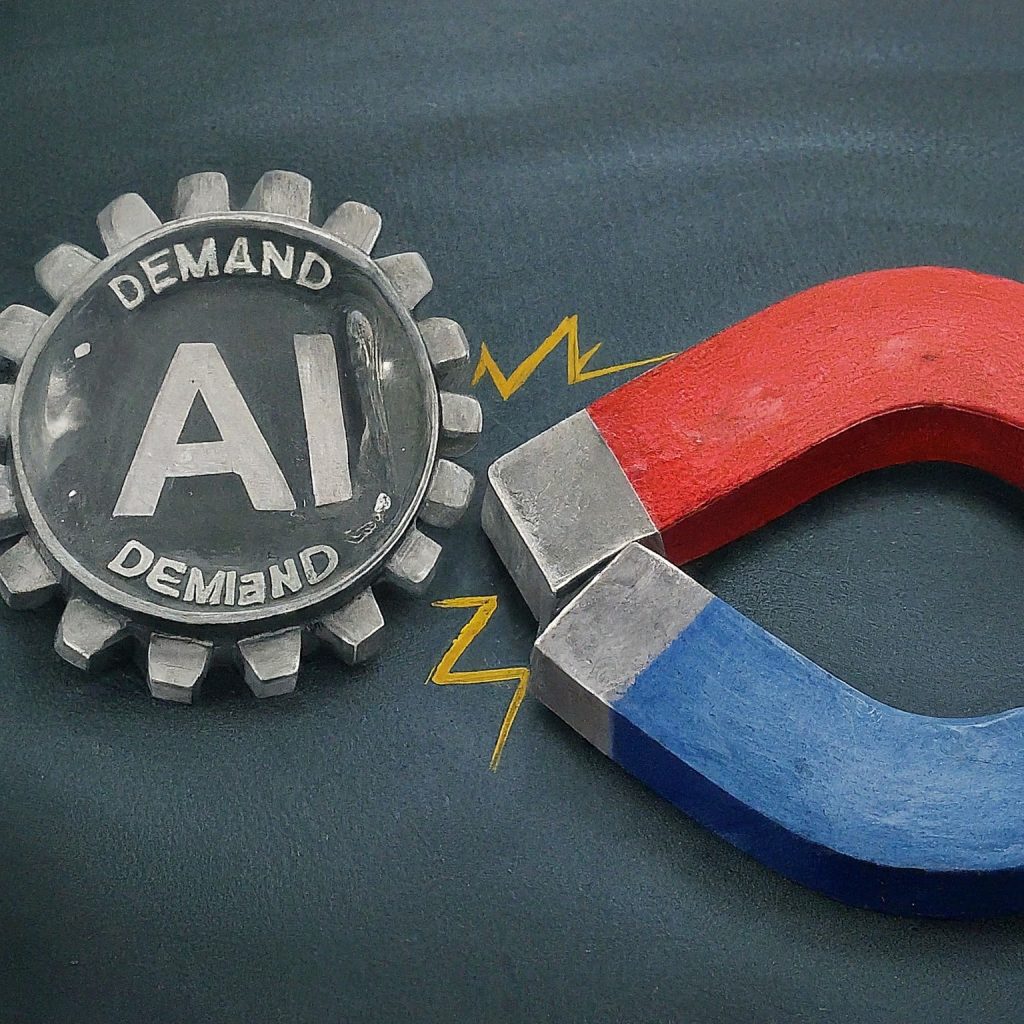
Artificial Intelligence (AI) has become a cornerstone of innovation across various industries, leading to a surge in demand for skilled professionals. As organizations increasingly recognize the transformative potential of AI technologies, the demand for AI jobs continues to grow.
Understanding the Demand for AI Jobs
The demand for AI jobs is driven by several factors:
- Rapid Technological Advancements: Breakthroughs in AI research and development have accelerated the adoption of AI technologies across industries. From natural language processing and computer vision to robotics and autonomous systems, AI applications are reshaping business processes and driving innovation.
- Business Transformation: Companies are leveraging AI to gain a competitive edge, improve operational efficiency, and enhance customer experiences. AI-powered solutions are being deployed in areas such as customer service, supply chain management, predictive analytics, and personalized marketing, driving the need for skilled AI professionals.
- Big Data: The explosion of data generated by digital technologies, social media, and connected devices has created vast opportunities for AI-driven insights and decision-making. AI and machine learning techniques enable organizations to analyze large datasets, uncover patterns, and derive actionable insights that drive business growth and innovation.
- Investment in AI: Governments, corporations, and venture capitalists are investing heavily in AI research, development, and deployment. According to a report by Statista, global spending on AI is projected to reach $554.3 billion by 2024, fueling demand for AI talent across industries.
- Skills Shortage: Despite the growing demand for AI professionals, there is a shortage of skilled talent with expertise in AI, machine learning, data science, and related fields. Organizations are competing for top AI talent, leading to lucrative job opportunities and competitive salaries for qualified candidates.
Popular AI Job Roles
AI encompasses a diverse range of job roles and specialties. Some of the most sought-after AI job roles include:
- Data Scientist: Data scientists are responsible for analyzing complex datasets, building predictive models, and deriving actionable insights that inform business decisions. They possess expertise in statistics, machine learning, programming, and data visualization.
- Machine Learning Engineer: Machine learning engineers design and implement machine learning algorithms and models that enable computers to learn from data and make predictions or decisions. They have strong programming skills, knowledge of algorithms, and experience with data manipulation and preprocessing.
- AI Research Scientist: AI research scientists conduct research to advance the field of artificial intelligence, develop new algorithms and techniques, and solve complex problems. They have a deep understanding of machine learning algorithms, neural networks, and optimization techniques.
- AI Ethicist: AI ethicists address ethical and societal implications of AI technologies, ensuring that AI systems are developed and deployed responsibly and ethically. They advocate for fairness, transparency, accountability, and inclusivity in AI design and implementation.
- AI Product Manager: AI product managers oversee the development and delivery of AI-powered products and services, from ideation and design to implementation and optimization. They collaborate with cross-functional teams, define product requirements, and prioritize features based on user needs and market trends.
The Future of AI Jobs
The demand for AI jobs is expected to continue growing as AI technologies evolve and become more integrated into business operations and consumer products. According to a report by Gartner, AI augmentation will create $2.9 trillion in business value and recover 6.2 billion hours of worker productivity by 2025.
As AI becomes more pervasive, new job roles and specialties will emerge, requiring professionals to adapt and upskill to stay relevant in the workforce. Continuous learning and professional development will be essential for AI professionals to keep pace with technological advancements and industry trends.
Conclusion
In conclusion, the demand for artificial intelligence jobs is driven by the increasing adoption of AI technologies across industries, rapid technological advancements, investment in AI research and development, and the shortage of skilled AI talent. As organizations embrace AI to drive innovation and gain a competitive edge, the demand for AI professionals will continue to grow, creating exciting career opportunities and prospects for growth and advancement in the field of artificial intelligence.





